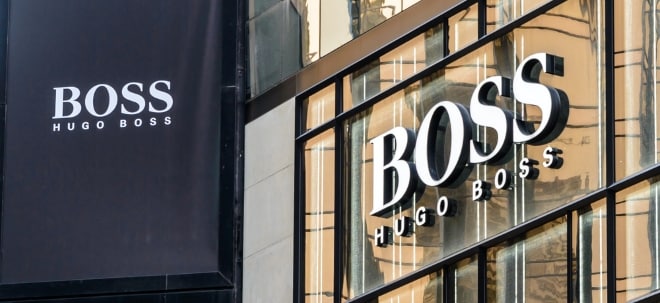Key facts:
In the UK, BTC represents 27% of the total volume of transactions, and ether and wETH 40%.
Central Europe, from North and West received more than USD 1 trillion in cryptocurrencies in one year.
Bitcoin (BTC) and cryptocurrencies take more and more place in the world. In a context of generalized crisis, derived from the COVID-19 pandemic, this emerging market has sought spaces between the financial systems of the countries. The clear example is Europe, positioned as the largest crypto-asset economy on the planet.
According to the most recent report from blockchain analytics firm Chainalysis, the rapid growth and acceptance of decentralized finance (DeFi) is the reason why, in a matter of a year, the region Central, Northern and Western Europe (CNWE) received more than USD 1 trillion in cryptocurrencies, or 25% of all global activity.
The firm highlights that the decrease in Activity in East Asia, following China’s bans, also increased the market presence of cryptocurrencies in Europe, and that the volume of transactions rose “significantly” in all assets and types of service.
DeFi protocols: driven in Europe by institutional investments
DeFi protocols were notably boosted thanks to growing institutional investments in the last year. According to the data, most of the large transfers at the institutional level were made to decentralized platforms, especially those created in Ethereum .
“Given that, it’s not surprising that most of these large institutional transfers have been made in Ethereum and Wrapped Ethereum (wETH), an ERC-20 token of equivalent value to Ethereum commonly used in DeFi protocols ”.
Chainalyisis, firm specialized in the analysis of blockchains.
DeFi protocols represented three to four of the five services most used by companies for trading cryptocurrencies, with Uniswap, Instadapp and Dydx being the platforms with the most recurrence in the table.
When talking about centralized exchanges, the giants Binance and Coinbase stand out, which “remain the most popular.”
And, if it is about figures, the value of institutional transactions in cryptocurrencies grew from USD 1.4 billion in July 2020 to USD 46.3 billion in June 2021, more than half of all activity in the region.
As CriptoNoticias reported, Uniswap is the leader among decentralized exchanges (DEX), even though it is still far from its maximum of transactions registered in May.

The five powerful countries in cryptocurrency economy
Among the nations with the greatest presence of digital assets, the United Kingdom stands out, the leader, with USD 170 billion dollars traded in cryptocurrencies, of which 49% came from decentralized protocols.
Those numbers make sense, remembering that a few months ago, the UK regulator banned certain operations from Binance, one of the largest centralized exchanges in the ecosystem, as reported CryptoNews.
Returning to Chain’s report alysis, among the most active European countries are also France, Germany, the Netherlands and Switzerland, according to company measurements, which highlights:
“DeFi’s share of all activity is relatively uniform across all CNWE countries, although we see some outliers such as Albania, where it accounts for almost half of all activity.”
Chainalyisis, firm specialized in the analysis of blockchains. Which cryptocurrencies operate the most in Europe?
The firm detailed that the stablecoins represent 25% to 30% of all trading volume in the Most of the countries in that region, except Monaco, where they represent 39% of the activity. The altcoins , meanwhile, they range from 8% to 11% in most of those countries.
But the leaders, ultimately, are
“We see more variation in the breakdown between Bitcoin and Ethereum or wETH. Combined, Ethereum and wETH are the most popular cryptocurrencies in almost all countries, ”they say from the company.
In the UK alone, bitcoin represents 27% of total transaction volume, and ether and wETH 40%. In Germany it is similar: BTC occupies 28% of the volume and ETH-wETH, 36%.


France, however, dedicates only 20% of its transaction volume to bitcoin, while ethereum and wETH, 45%. “That figure is likely related to France’s slightly higher rate of transaction volume going to protocols DeFi ”, they explained.
“However, in general, while there are small differences between the exact breakdown of activity in individual countries, one thing it’s clear: CNWE has become the world’s largest cryptocurrency market, and its growth over the past year was largely driven by institutional investors and other whales in DeFi. ”
Chainalyisis, firm specialized in the analysis of blockchains.
Note: This article has been indexed to our site. We do not claim ownership or copyright of any of the content above. To see the article at original source Click Here













